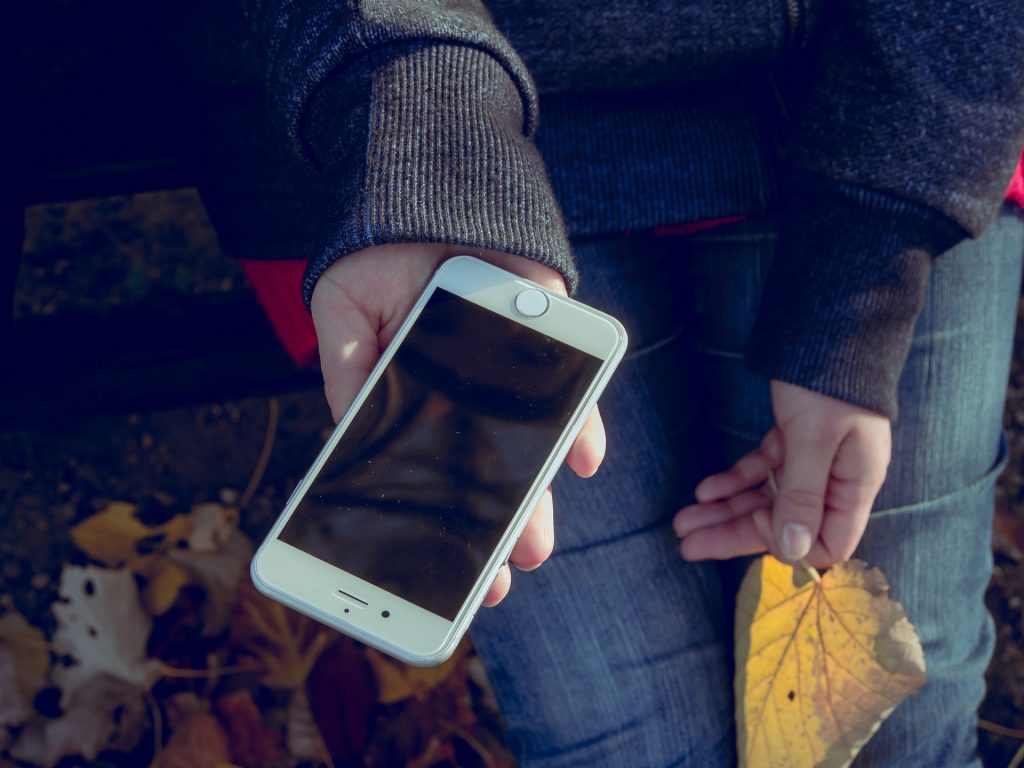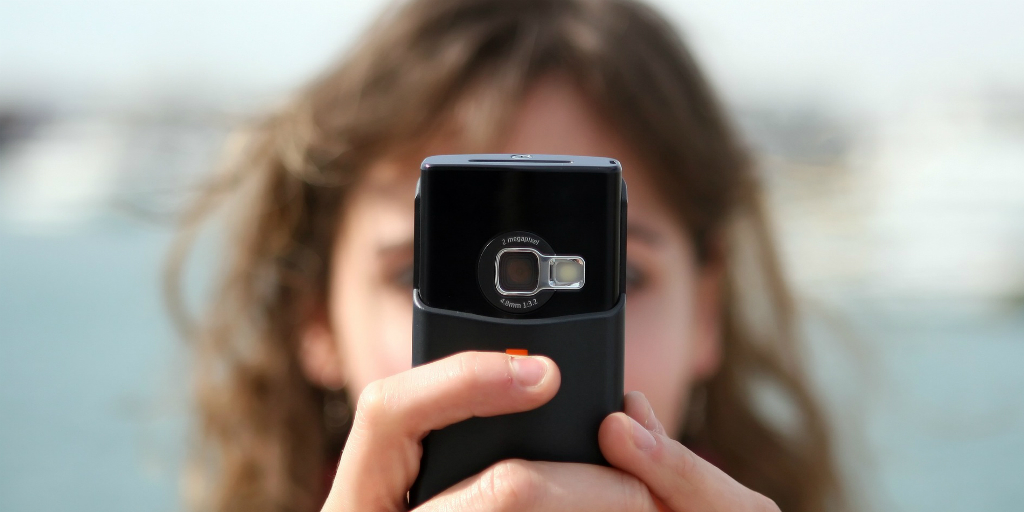 Accessing the internet via a phone gives children more privacy, freedom and independence from parental control, unlike home computers which are more likely to be in shared spaces and monitored by parents. Our data shows that only 11% of parents keep track of the content children see online and 10% use filtering or blocking software on their children’s devices. About half of children (53%) say that parents help them use the internet safely and even less (44%) talk to them about what they do online at least sometimes.
Accessing the internet via a phone gives children more privacy, freedom and independence from parental control, unlike home computers which are more likely to be in shared spaces and monitored by parents. Our data shows that only 11% of parents keep track of the content children see online and 10% use filtering or blocking software on their children’s devices. About half of children (53%) say that parents help them use the internet safely and even less (44%) talk to them about what they do online at least sometimes.
Digital skills and risky situations
It is important to talk to children about their internet use and help them navigate the online world safely and carefully. Even though Czech children are quite skilled internet users and their skills and confidence increase with age, there are a lot of areas in which they are unsure and inexperienced. For example, children are quite competent in assessing what they should or should not share about themselves online (90%) and they know how to remove people from their contact lists (91%). However, Czech children are less knowledgeable how to manage their online privacy settings (only 75% know how), how to verify whether information is true (53%), or how to keep track of the costs of their mobile app use (56%). All these digital literacy skills are important for their online experience and can help children avoid or manage possible risky situations online. For example, almost half of the children (49%) communicate online with someone they have not met in person. While in most cases this does not lead to negative experiences of the children involved, better digital literacy allows children to manage such online interactions more safely. Similarly, about 26% of children see hateful messages online at least every month, and 24% of girls aged 11-17 years see content that promotes eating disorders. Being able to assess whether the information is true can help children to evaluate such online content and respond more adequately.
The majority of Czech children use the internet for entertainment and communication purposes. The most common daily activities are watching videos, listening to music, communicating with friends and family, and visiting social networking sites. While engaging in these activities, children can encounter risky or negative content – 36% of children are bothered or upset by something online. Younger children and girls report more of these negative experiences and are also more upset when these happen. Only about 28% of the children who are upset about something happening online talk to their parents about it and only 4% talk to their teacher or another professional. In such cases children mostly confide in their friends. This is another indication that children’s online experiences are, to a great extent, independent of parental guidance or control. While this is not necessarily negative, it should be addressed in both digital literacy education and parental discussions about safe internet use.
Conclusions
Czech children and adolescents are increasingly using their mobile phones to access the internet which creates different experiences from going online via a computer situated at home or at school. It allows children more privacy and more flexibility related to both the time they spend online and where they use the internet. Parents are less aware of what their children do online and they are potentially less able to help children with risky or problematic situations. Less parental control does not necessarily mean more danger or harm to children – this might allow children to become more independent and competent internet users able to benefit from the opportunities that the online world offers. However, children’s more independent internet use needs to be accompanied by the development of digital skills and literacy and by a supportive and enabling family environment facilitated by parents and carers.
About the study – EU Kids Online IV in the Czech Republic
We distributed a questionnaire at 89 Czech schools and 2,825 children aged 9 to 17 years who use the internet participated in the study. The data was collected during 2017 and 2018 and is representative of the Czech Republic. Children were asked about their various online experiences, including internet usage, online activities, and experience of online risks. You can read more about the EU Kids Online IV project in the Czech Republic here.
Post author: Marie Bedrošová








